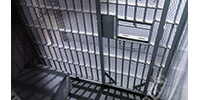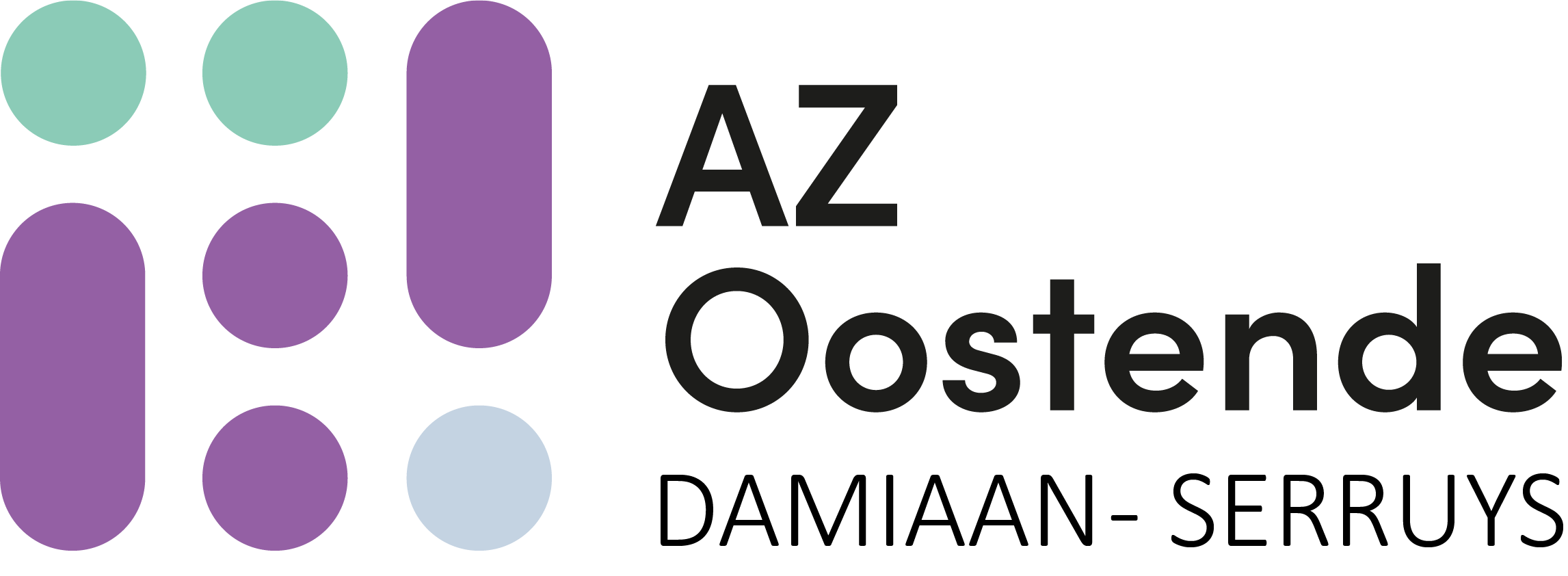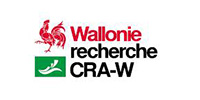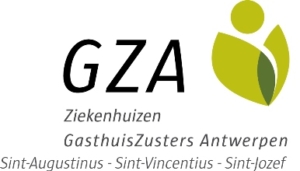Challenge:
To automate the logistics of the laundry process for detainees’ clothing
Description:
PHI DATA automated the entire laundry process for detainees’ clothing with the help of barcode and RFID tags. The automated process allows the logistics of the laundry process to run more efficiently and for clear reports to be generated for each garment.
Results:
- Efficient washing process
- Traceability of clothing
- Reports per garment in terms of number of washes and repairs
The penitentiary institutions in Leuze and Marche-en-Famenne, which are managed by FPS Justice, depend on external service providers to help manage their laundry. Leuze uses the services provided by Facilicom; the prison at Marche-en-Famenne works with Sodexo. Both institutions were looking for a way to manage all the logistics related to the washing process more efficiently, and to give visibility to the whole laundry cleaning process. One of the reasons why this is necessary is to demonstrate that the service provided meets the demands laid down in the specifications issued by FPS Justice. PHI DATA designed a solution to suit each of the two institutions perfectly.
Leuze
In the Leuze penitentiary institution, PHI DATA has set up a system of barcode labels, attached to the clothing. Each barcode is a unique number that is associated with a type of garment and size. Each code is also linked to a cell number. In the laundry there is a PC with an integrated memory and barcode scanner. All garments entering and leaving the laundry room are scanned with the barcode reader and logged in the terminal. If a garment is not linked to a cell, or if a garment is submitted for washing ahead of time, it will be rejected and it will not be washed. The system also makes it possible to identify if any repairs are required.
After washing, each garment is rescanned to register the fact it has been washed, but also to arrange the distribution of clean laundry. The scanner displays on a screen the associated cell number and the registration number, so that the operator can place the clothes in the right tray, linked to the correct cell. Once all laundered clothes have been sorted, they are packed up and sent to the cells. The fact that the system registers all incoming and outgoing clothing means that all information related to the laundry room’s activities is accessible. This allows the system to produce reports, which are linked to a database and are automatically updated.
Marche-en-Famenne
In Marche-en-Famenne, Sodexo chose to work with an automated management system featuring RFID tags. The process minimises the need for manual registration, allowing the clean clothes to be returned to detainees within 6 hours. Thanks to the RFID tags, the clothes can be identified and traced, and the quality and efficiency of the laundry services can be improved.
PHI DATA supplied RFID tags for attachment to 8,000 items, including t-shirts, trousers and sweaters. In addition, detainees’ laundry bags, used to bring the clothes to the laundry, are also fitted with an RFID tag. These bags are linked to a cell, so that it is immediately clear at the point of scanning which detainee is washing which clothing. This information is passed on to another team in the laundry, which ensures that the detainee immediately receives a set of clean clothes of the same type and the same size.
The advantage of this is that the clothing does not need to be removed from the bag for the contents to be known. This is extra handy as the clothes also remain in the bag for washing. The clean clothes are put ready on a surface with a built-in RFID antenna. A screen immediately displays whether this is the correct clothing and the article is automatically removed from the list of clothes to be put ready. Once the list is empty it is clear that the complete set of clothes sent to the laundry has been replaced with a clean set. All information and reports are found in a MS SQL server. Every day 1,000 garments are washed in this way.
“Our request to PHI DATA was very clear: we wanted the entire logistics process of sorting, washing and returning laundry to be conducted as efficiently as possible. Now that the clothing is identified with RFID chips we can automatically read which items are coming in and going out again, and which detainee they are given to. The solution has been up and running ever since the prison opened, and appears to be a great success. The detainees working with this system also have an advantage when reintegrating in the community thanks to the fact it is such modern technology”, says Jacques Deltour from Sodexo.










